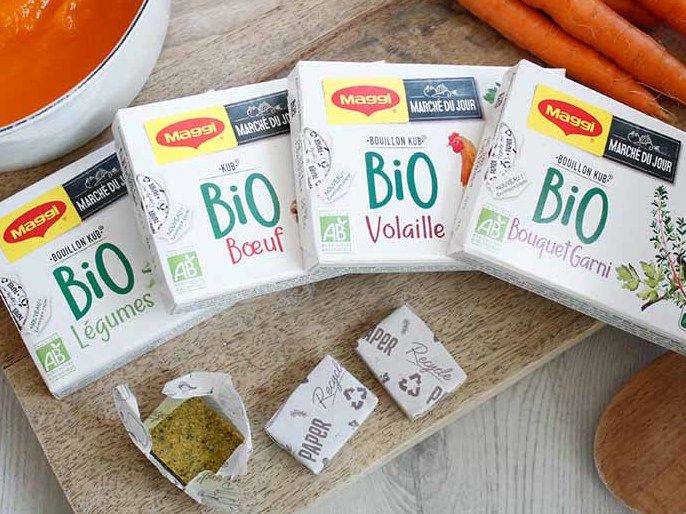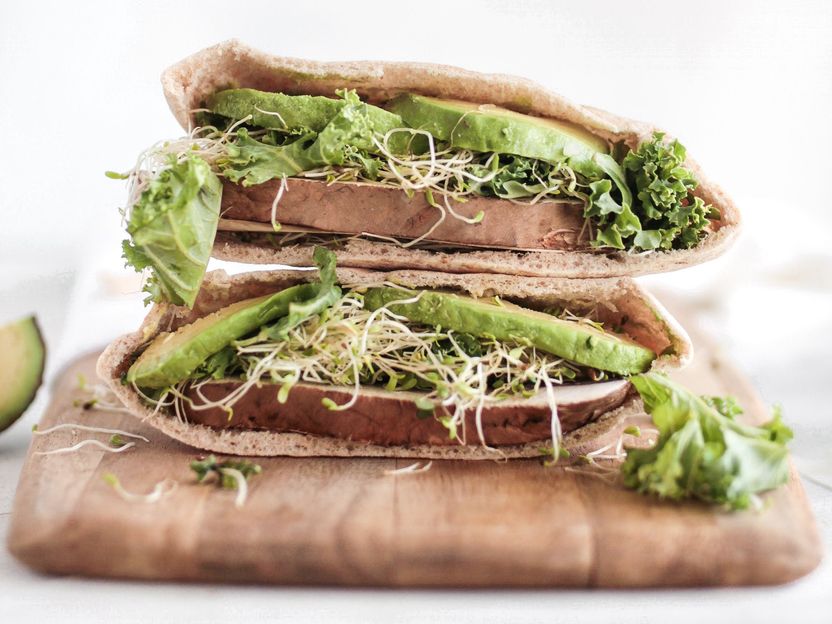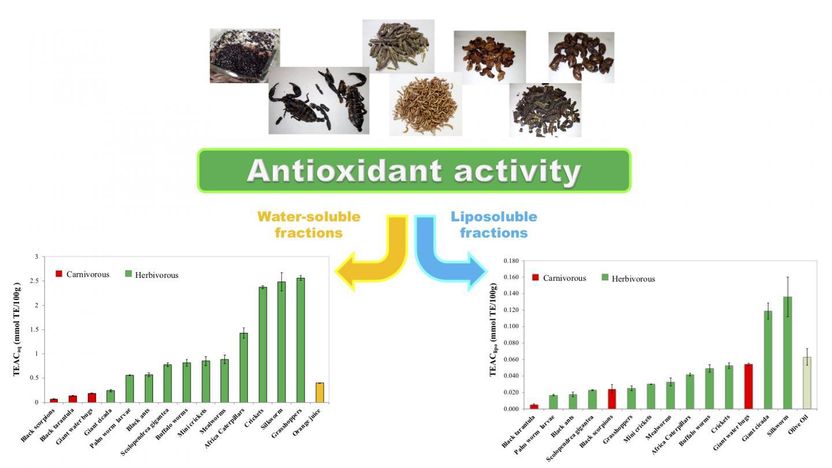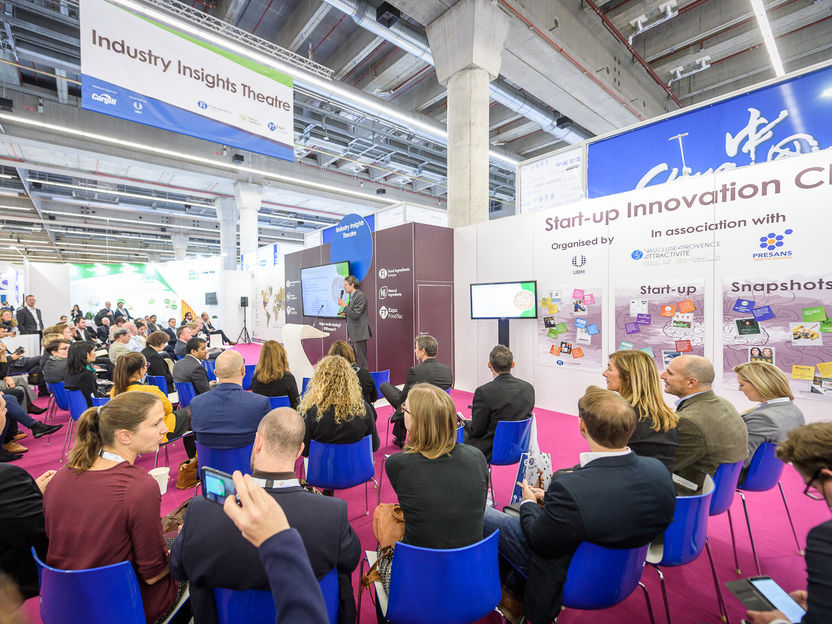Nestlé launches Maggi organic bouillon cubes in recyclable paper wrapper
Unveils new actions, progress in shaping a waste-free future
Maggi has broken new ground by becoming the first major brand to use recyclable paper packaging to wrap individual bouillon cubes, for its organic range in France. This is the latest result of an innovation drive to use more paper packaging for Nestlé products.

Nestlé
The new solution is a coated paper that is recyclable through the paper stream in France. Until now, the bouillon cubes have been wrapped in a multi-layer laminate that includes aluminum.
Agnes Lalanne, Global Category Lead for Cooking Aids at Nestlé, said: "We want to provide both healthy and more sustainable options. That's why we're happy to bring recyclable paper packaging to a favorite like these Maggi organic bouillon cubes."
The paper used for the wrapper is from sustainable sources – pulp and paper mills certified by the Forest Stewardship Council (FSC) and The Program for the Endorsement of Forest Certification – and its development marks another step in Nestlé's commitment to make all its packaging recyclable or reusable by 2025, as the company works towards a waste-free future.
Torsten Pohl, Head of Nestlé's Product Technology Center for Food in Singen, Germany, said: "The main challenge our team faced was the creation of a foldable, sealable material that is robust enough to provide a sufficient barrier – to keep the product fresh and safe – whilst also being readily recyclable."
Ahead of the launch, the team also worked to refurbish and upgrade existing packaging machines, to allow the new paper wrapping to run on them.
Maggi products – including bouillons, soups, seasonings and sauces – are sold in over 90 countries. Nestlé selects local ingredients where possible to ensure that its bouillon cubes provide an authentic taste and texture, consistent with regional preferences and cooking styles. The cubes are fortified with vital micronutrient in some markets, for example where iron deficiency is widespread.
Most read news
Organizations
Other news from the department business & finance

Get the food & beverage industry in your inbox
By submitting this form you agree that LUMITOS AG will send you the newsletter(s) selected above by email. Your data will not be passed on to third parties. Your data will be stored and processed in accordance with our data protection regulations. LUMITOS may contact you by email for the purpose of advertising or market and opinion surveys. You can revoke your consent at any time without giving reasons to LUMITOS AG, Ernst-Augustin-Str. 2, 12489 Berlin, Germany or by e-mail at revoke@lumitos.com with effect for the future. In addition, each email contains a link to unsubscribe from the corresponding newsletter.
Most read news
More news from our other portals
Last viewed contents

Great Britain replaces Germany as front-runner for vegan product launches

Meet the six-legged superfoods: Grasshoppers top insect antioxidant-rich list

Enter now: Startup Innovation Challenge for food and beverage ingredients open




























































